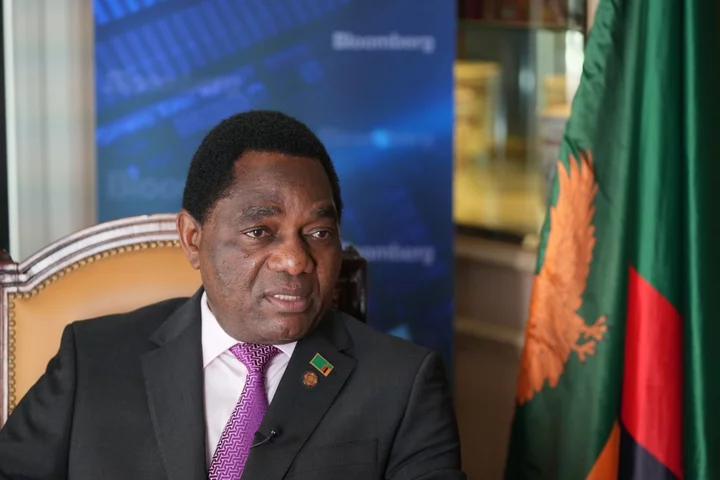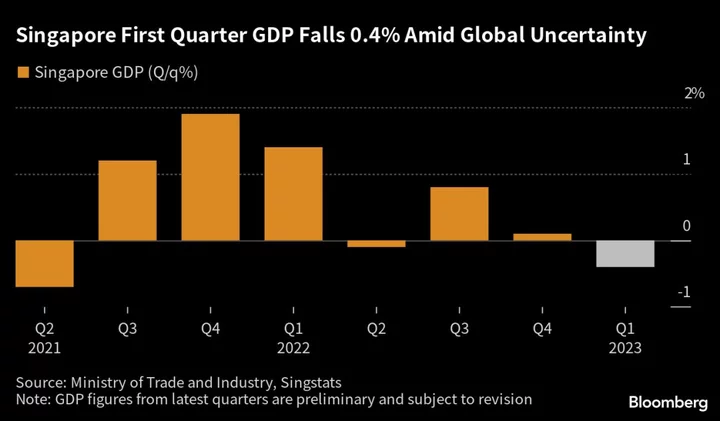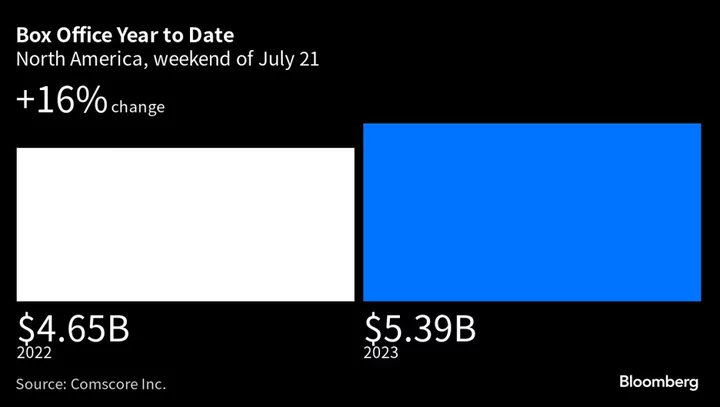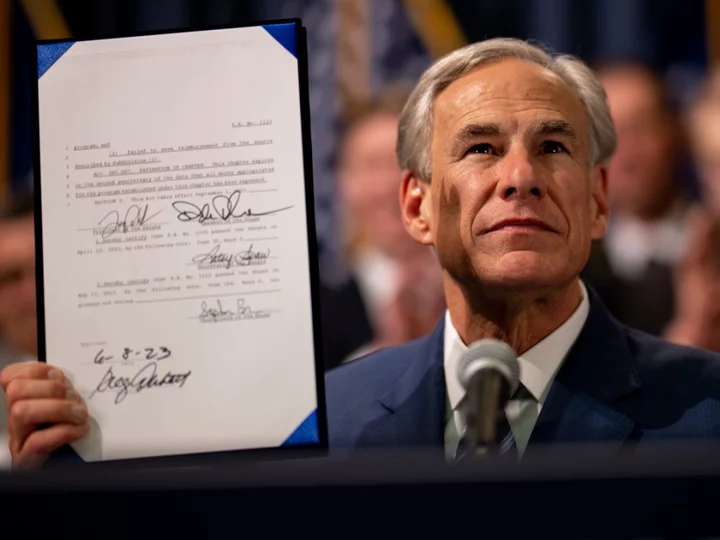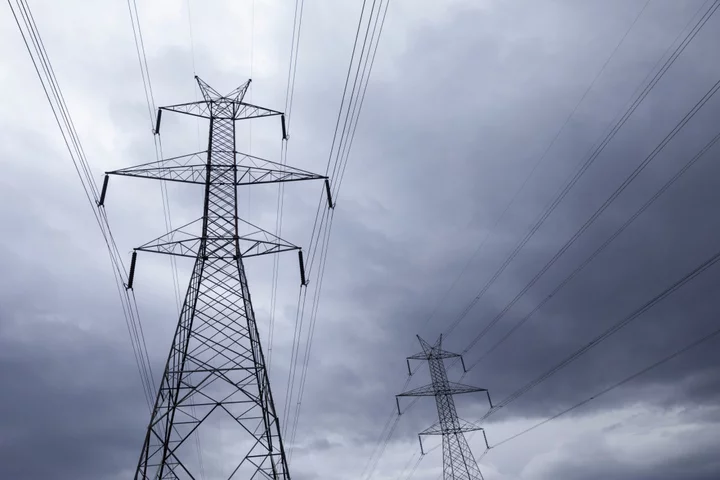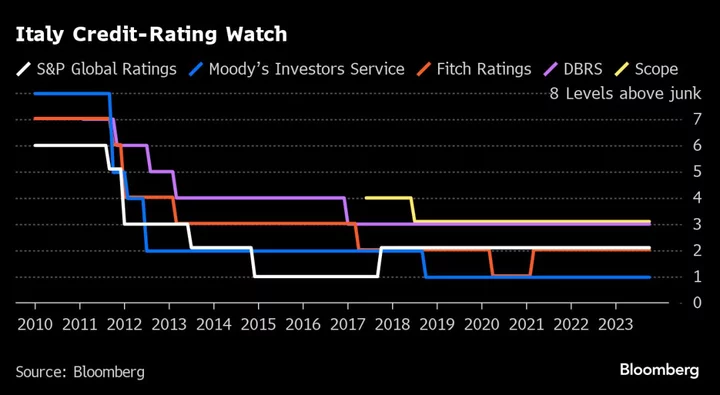Zambia has concluded the most difficult part of negotiations to restructure its debt, and sees remaining talks being wrapped up soon, President Hakainde Hichilema said.
The southern African nation announced a breakthrough debt relief deal with its bilateral creditors on Thursday that will see its payments on $6.3 billion of debt stretched out over about 20 years, with a three-year grace period.
While the agreement unlocks a much-needed $188 million payment from the International Monetary Fund, the government still needs to ratify the deal with each lender and negotiate comparable terms with commercial creditors, including bondholders.
“To get everybody to the table to then negotiate plus-minus what Zambia expected, what creditor A expected, creditor B, creditor C, was the most difficult thing,” Hichilema said in an interview on Friday with Bloomberg TV in Paris, where he attended a conference. “Now we are here, the next is consummation. Simple, straight.”
Read more: Zambia Debt Deal Spurs Rally in Distressed Emerging Markets
The bulk of the deal covers loans from Chinese creditors, who account for about one-third of Zambia’s total external public liabilities of more than $18 billion. The International Monetary Fund put the Zambia’s bilateral debt at nearly $8 billion at the end of 2021, but the government said only $6.3 billion of this will be restructured. It’s unclear what’s excluded and why.
In November 2020, Zambia became the first African nation to default on its debt amid the coronavirus pandemic. It’s also the first to secure major relief under the Group of 20’s Common Framework, designed to help poor nations restructure debt they can no longer afford to service.
The deal sets a precedent for other countries buckling under debilitating debts — including Ghana, Sri Lanka and Ethiopia — locked in negotiations with creditors from China, the Paris Club and bondholders. More than 70 low-income nations face a collective $326 billion burden, with more than half of them already in or near debt distress, according to the IMF.
“What we are doing is novel. It hasn’t been done before so there is a learning curve here,” Hichilema said. “The countries that will come after us who are debtor countries should be able to do what we have done in a much shorter time as long as there is a commitment from the debtor countries to do what is right, which is enter into the reforms, the restructuring that led the economies to underperform.”
Read more: Zambia Wins Debt Relief, Sets Precedent for Stressed Nations
--With assistance from Monique Vanek.

